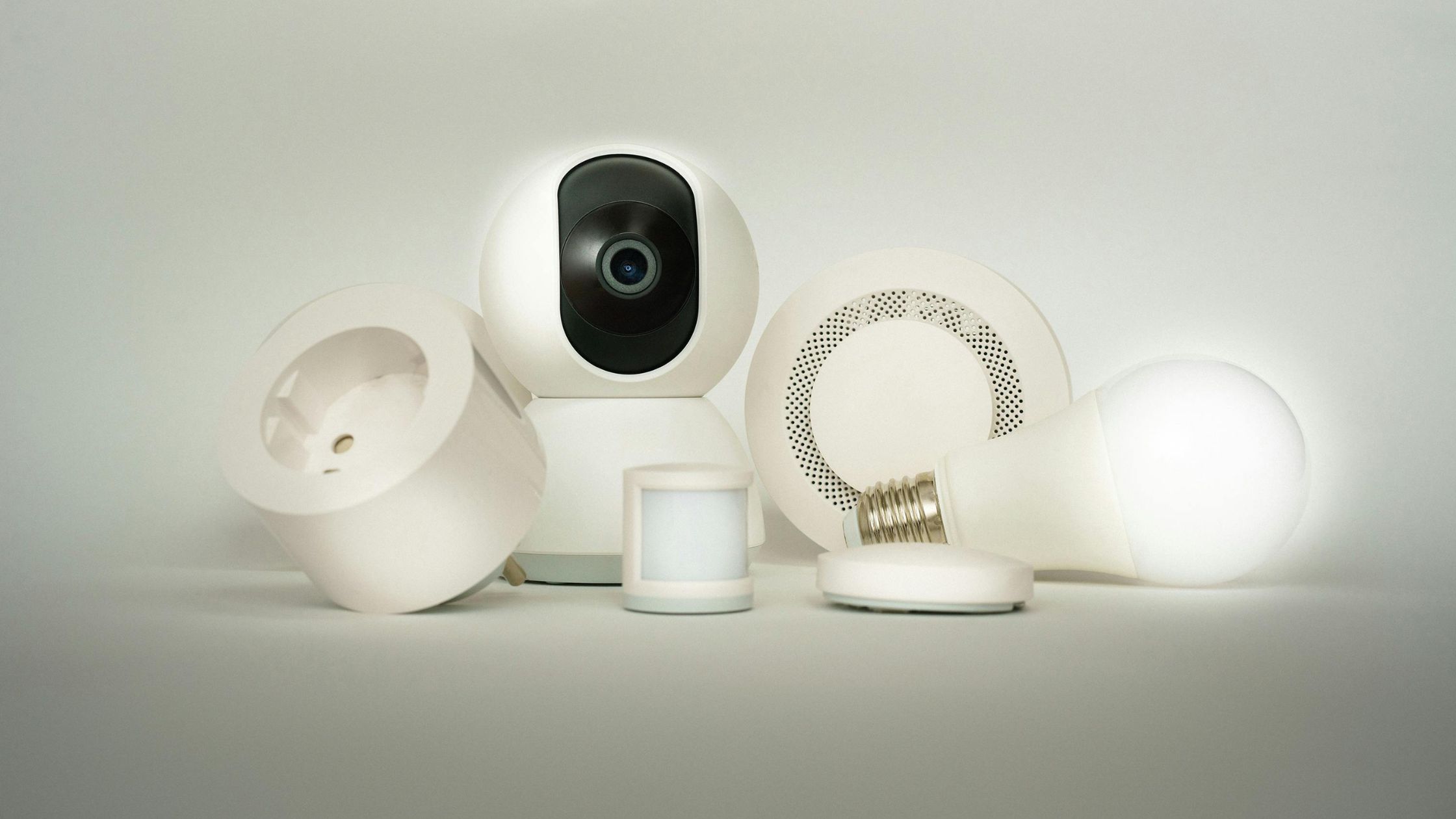
5 AI Tools Miami Caregivers Need for After Surgery Care
Recovering at home after surgery used to mean a lot of guesswork, daily stress for caregivers, and frequent trips back to the doctor’s office. But thanks to AI-powered remote monitoring devices, home recovery has entered a new era—one that’s smarter, safer, and more personalized than ever before.
These intelligent tools offer real-time health tracking, early detection of complications, and continuous data sharing with care teams—making life easier for both patients and caregivers. Whether you’re managing pain, healing a wound, or adjusting to limited mobility, AI is quickly becoming an essential partner in post-op care.
In this blog, we’ll explore five cutting-edge devices that are revolutionizing post-surgical recovery at home.
Why AI Matters in Post-Operative Home Care
Before we dive into the devices, here’s why AI matters:
- Detects warning signs before they become emergencies
- Reduces hospital readmissions by up to 38% (source)
- Eases the workload on caregivers with automated alerts and tracking
- Supports personalized recovery paths based on real-time vitals and behaviors
- Enables virtual check-ins, reducing unnecessary doctor visits
1. AI-Enabled Wearable Health Monitors
Examples: Apple Watch Series 9, BioSticker by BioIntelliSense, Fitbit Sense
These smart wearables are widely used across Florida and are ideal for monitoring heart rate, oxygen saturation, temperature, and sleep-critical signs after surgery.
AI analyzes this data to detect patterns that may indicate complications. For Miami caregivers juggling work and family, these tools act like a second set of eyes—watching 24/7, even while you’re away.
Best for: Cardiac patients, orthopedic recovery, respiratory surgery
2. Smart Medication Dispensers with AI Scheduling
Examples: Hero, MedaCube, Pria
In Miami’s diverse communities, managing post-op medications—especially for bilingual households or seniors—can be tricky. These smart dispensers send reminders, prevent missed or duplicate doses, and alert the family if something goes wrong.
AI adapts schedules based on usage and can connect with home care providers throughout Miami-Dade or Broward counties.
Best for: Patients with complex or time-sensitive medication regimens
3. AI-Powered Wound Monitoring Camera
Examples: Swift Medical, Healthy.io
Wound infections are among the most common complications after surgery. With these AI-driven apps and devices, patients or caregivers can scan wounds using a smartphone camera, and AI will analyze changes in color, size, and healing progression. The tool can flag warning signs like delayed healing or early infection and send data directly to providers without needing an in-person visit.
With Miami’s warm climate and frequent humidity, post-surgical wound care must be monitored closely. These AI apps use your phone’s camera to track healing and flag early signs of infection.
Perfect for patients who prefer staying home in Coral Gables, Kendall, or Miami Beach—no need to commute to a clinic just to check a wound.
Best for: Surgical wounds, diabetic patients, pressure ulcers
4. Smart Fall Detection and Mobility Trackers
Examples: Vayyar Home, Nobi Smart Lamp, SafelyYou
For patients recovering from orthopedic or neurological procedures, falls can be dangerous. These AI-powered motion sensors and wearables track movement patterns, detect falls, and instantly alert caregivers or family.
Some can even predict fall risk based on reduced mobility or changes in walking patterns.
Best for: Hip/knee replacement recovery, stroke survivors, elderly patients
5. Remote Patient Monitoring Hubs with AI Dashboards
Examples: Current Health, Withings Health Solutions
These all-in-one dashboards collect data from multiple smart devices and present real-time insights to your healthcare provider. Many Miami-based telehealth providers are now integrating these platforms for virtual recovery programs.
AI flags any sudden changes in vitals, helping doctors or home health agencies in South Florida act quickly when needed.
Best for: Patients with multiple monitoring needs or chronic conditions
Choosing the Right AI Device for Recovery
Finding the right AI-powered tool can make recovery smoother and safer. Here’s what to consider:
- Check if your local provider or home health agency supports integration
- Ensure it’s easy to use for both English and Spanish-speaking families
- Look for insurance compatibility or Medicare-approved devices
- Consider the Miami climate and home setup (condos, assisted living, etc.)
What’s Next for AI in At-Home Recovery?
AI in recovery is evolving fast. Here’s what’s on the horizon:
- Telehealth Integration: Devices syncing directly with your doctor’s dashboard.
- Predictive Analytics: AI recommending when to move, rest, or adjust meds.
- Virtual Recovery Assistants: Voice-guided help for wound care or medication.
- Mental Health Monitoring: Tools that detect emotional stress or early cognitive issues.
Conclusion
Whether you’re recovering in Brickell, Coconut Grove, or Kendall, AI-powered remote monitoring tools offer a safer, smarter way to heal after surgery. They reduce stress for caregivers, give doctors better insights, and allow patients to recover comfortably at home in Miami’s unique and diverse communities.
If you’re navigating post-op care in Miami, these AI tools could be your best ally—bringing care, convenience, and confidence right into your home.
Reference Links:
- FDA Guidance on AI/ML-Based Medical Devices
https://www.fda.gov/medical-devices/software-medical-device-samd/artificial-intelligence-and-machine-learning-software-medical-device - Mayo Clinic on Wearable Health Tech and Post-Surgical Monitoring
https://newsnetwork.mayoclinic.org/discussion/mayo-clinic-uses-remote-monitoring-to-care-for-patients-at-home/
